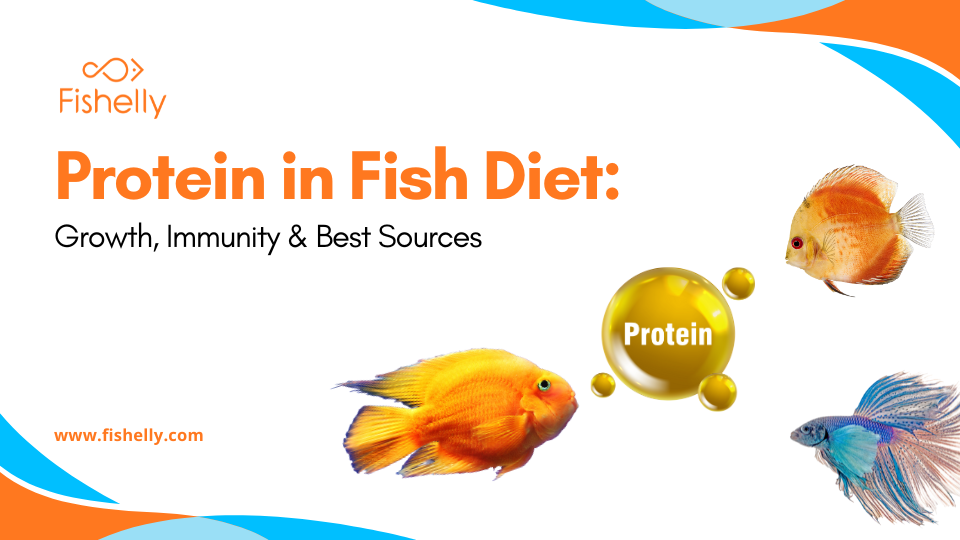Protein in Fish Diet: Growth, Immunity & Best Sources
Discover why protein is vital for fish growth, immunity, and energy. Learn the best natural and commercial protein sources for healthier, vibrant, long-living fish.
Table of Contents
- What is protein for fish?
- Growth & Energy
- Immunity Booster
- Where Do Fish Get Their Protein?
- Best Protein Sources for Fish
- Faq
- Conclusion
Above all, protein plays a vital role in strong, healthy fish, and most importantly, the long-lived fish. In human beings, protein is the building block of life; so it is for most fish. It is important from growth to immunity; protein influences every aspect of fish health. So, let us dive deeply into the importance of protein, where fish get it, and how to get the best for your aquatic pets.
What is protein for fish?
A macronutrient, protein is composed of amino acids, which are often referred to as ''building blocks of life''. Protein is, without a doubt, very essential for growth in fish but it also contributes towards tissue repairs, metabolic function maintenance, and macromolecular enzyme and hormone production.
Different to fats and carbohydrates, protein markedly influences:
• Size and weight.
• Muscle growth and strength.
• Enzyme generation for digestion and defense.
• Reproduction and egg qualities.
For this reason and many others, protein remains the paramount nutrient in any fish diet.
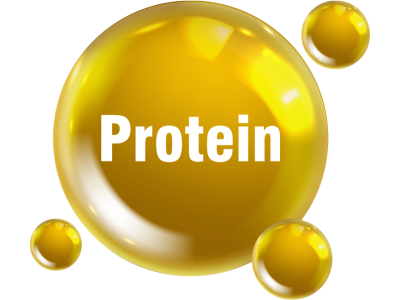
Growth & Energy
The most apparent effect of protein is growth in fish. Fish convert protein very much more efficiently into muscle than do mammals, accounting in large part for its importance in aquaculture. Sufficient intake of protein results in:
• Faster growth and development in fry and juveniles.
• Stronger body structure and healthy fins.
• Vivid coloration, as protein facilitates pigment formation.
While fats and carbohydrates quickly supply energy, fish use protein most of the time as a sustained energy supply, particularly active swimmers like koi, arowanas, or cichlids.
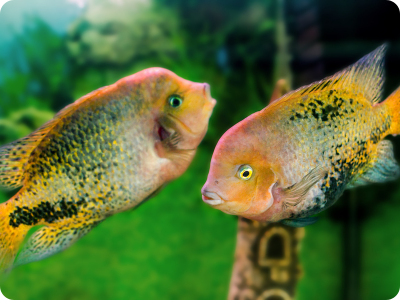
Immunity Booster
Protein builds muscles all right-but also the integrity of the immune system. Certain amino acids such as arginine, lysine, and methionine, for instance, are very crucial in the production of antibodies, cellular repair, and stress resistance.
A protein-rich diet helps fish:
• Create more safeguards against bacterial infection, parasite, and water-borne diseases.
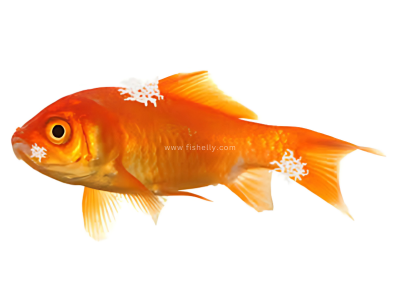
• Recover faster from injuries, fin damage, or sickness.
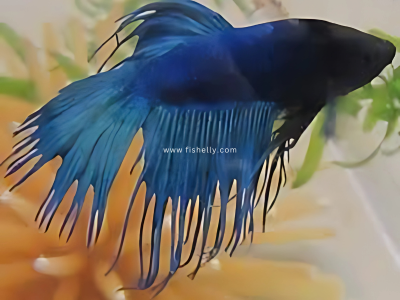
• Keep skin and scales healthy so that they act as the first line of defense against pathogens.
Put simply, a well-fed fish with enough protein will be larger, stronger, and more robust.
Where Do Fish Get Their Protein?
Fish understandably pioneer protein sources from direct utilization of an environment through diverse foods. Availability of sources of protein among different kinds of fish depends primarily on whether such fish are carnivorous, omnivorous, or herbivorous:
**Carnivorous Fish (e.g. arowana, betta, oscars, catfish): **
• Small fry and fish
• Insects, mosquito larvae, crickets
• Worms and leeches
• Crustaceans like shrimp, krill, and crabs
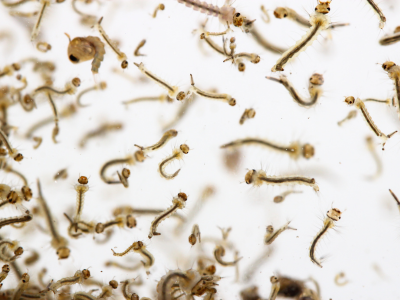
**Omnivorous Fish (e.g., goldfish, koi, guppies, mollies): **
• Various combinations of insects, worms, and
• Aquatic plants and detritus
• Zooplankton and micro-organisms
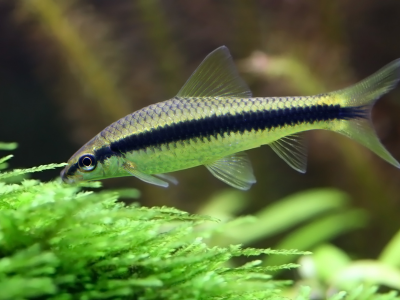
Herbivorous Fish (e.g. surgeonfish, parrotfish, plecos):
• Algae, spirulina, and aquatic plants
• Soft plant matter and vegetables (in captivity, zucchini, spinach, peas are common)
• Microalgae providing amino acids along with vitamins
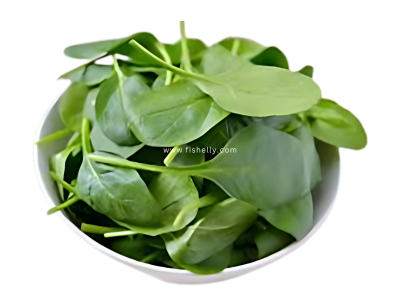
In captivity, the nature of commercial fish foods mimicking those available from nature includes fishmeal, shrimp meal, krill, soy protein, and spirulina.
Best Protein Sources for Fish
Not all protein is equal; digestibility and amino acid profile are crucial. These include a combination of high-quality fish feeds:
Fish meal: Highly digestible and nutrient-rich, widely used in aquaculture.
Shrimp & krill meal: Enhancement of growth and intensification of coloration through natural carotenoids.
Soybean meal: the plant-based protein, which is quite sustainable.
Worms & insects: Bloodworms, earthworms, black soldier fly larvae-provide natural protein.
Algae & spirulina: contain not just amino acids but also antioxidants, boosting immunity and color.
Tip: Whenever you visit check the fish food protein percentage.
• Carnivorous fishes require a protein level of around 40-55%.
• An omnivore will thrive on diets rich in about 30-40% of proteins.
• Herbivores usually thrive well on 25-35% protein supplemented with plant material.
Faq
1. Why do fish need protein?
Protein helps fish grow, stay strong, and fight diseases.
2. How much protein should I give my fish?
• Carnivores: 40–55% • Omnivores: 30–40% • Herbivores: 25–35%
3. What foods give protein to fish?
Fish meal, shrimp, worms, insects, algae, and spirulina.
4. Can I feed vegetables for protein?
Yes, veggies like peas, spinach, and zucchini work for herbivores.
5. Does protein make fish colorful?
Yes, foods like shrimp and krill boost natural colors.
6. What happens if fish don’t get enough protein?
They grow slowly, look dull, and fall sick easily.
7. Can too much protein harm fish?
Yes, it makes water dirty and can stress their organs.
Conclusion
Protein is the foundation of a healthy fish diet. Whether your fish are herbivores nibbling on algae or carnivores chasing live prey, protein powers their growth, energy, immunity, and lifespan. By understanding their natural dietary habits and providing the right protein sources in captivity, you can raise fish that are bigger, healthier, and more vibrant than ever.
